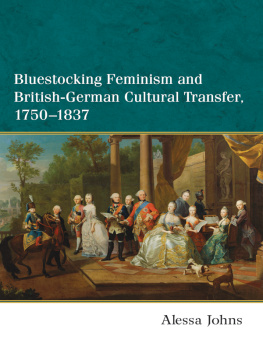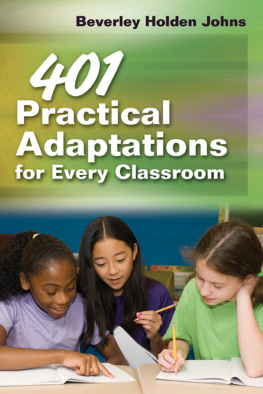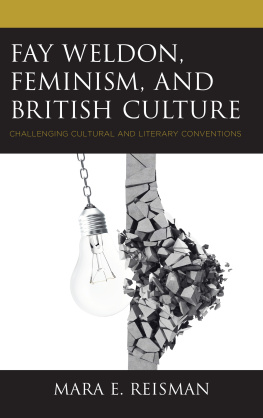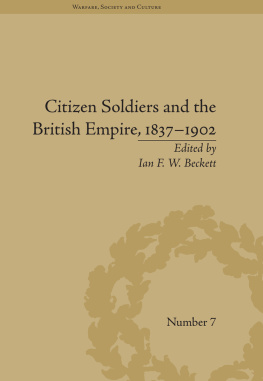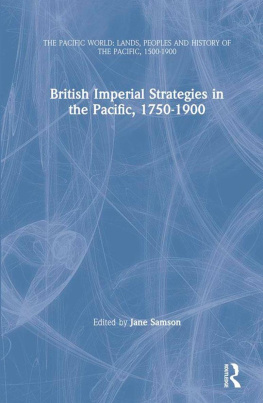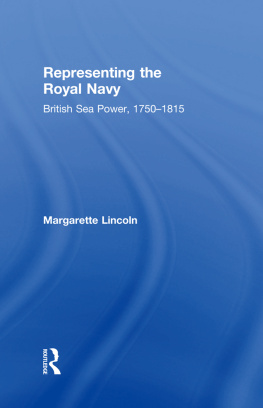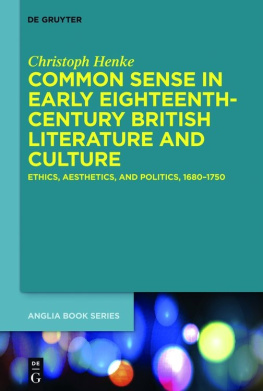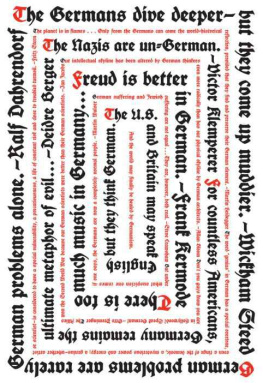Johns - Bluestocking Feminism and British-German Cultural Transfer, 1750–1837
Here you can read online Johns - Bluestocking Feminism and British-German Cultural Transfer, 1750–1837 full text of the book (entire story) in english for free. Download pdf and epub, get meaning, cover and reviews about this ebook. year: 2018, publisher: The University of Michigan Press, genre: Art. Description of the work, (preface) as well as reviews are available. Best literature library LitArk.com created for fans of good reading and offers a wide selection of genres:
Romance novel
Science fiction
Adventure
Detective
Science
History
Home and family
Prose
Art
Politics
Computer
Non-fiction
Religion
Business
Children
Humor
Choose a favorite category and find really read worthwhile books. Enjoy immersion in the world of imagination, feel the emotions of the characters or learn something new for yourself, make an fascinating discovery.
Bluestocking Feminism and British-German Cultural Transfer, 1750–1837: summary, description and annotation
We offer to read an annotation, description, summary or preface (depends on what the author of the book "Bluestocking Feminism and British-German Cultural Transfer, 1750–1837" wrote himself). If you haven't found the necessary information about the book — write in the comments, we will try to find it.
Bluestocking Feminism and British-German Cultural Transfer, 1750–1837 — read online for free the complete book (whole text) full work
Below is the text of the book, divided by pages. System saving the place of the last page read, allows you to conveniently read the book "Bluestocking Feminism and British-German Cultural Transfer, 1750–1837" online for free, without having to search again every time where you left off. Put a bookmark, and you can go to the page where you finished reading at any time.
Font size:
Interval:
Bookmark:
I would like to thank Professors Barbara Schaff and Frank Kelleter for sponsoring my fellowship at the Lichtenberg Kolleg, the Institute for Advanced Study at the University of Gttingen, which provided the ideal environment for completing this book. I am grateful to Director Dagmar Coester-Waltjen, Deputy Directors Doris Lemmermhle and Gerhard Lauer, Coordinators Dominik Hnniger, Johanna Schott, and Turan Lackschewitz, as well as the many lively staff members who saw to every convenience from handling computer glitches, library access, and visa acquisition, to housing, bicycles, meals, and attendance at local cultural events. I thank my fellow Fellows and Associates for intellectual stimulation, engaging conversations, and friendship: in particular Shaheen Ali, Regina Bendix, Elke Brendel, Don Brenneis, Ingrid Hehmeyer, Christine Langenfeld, Joep Leerssen, Jason Mittell, Dorry Noyes, Per hrgaard, Roland Pfau, Ann Rigney, Heinrich Schfer, Norbert Schappacher, Lalit Vachani, and Christiane von Stutterheim. My work was also generously supported by a fellowship from the Herzog-August Bibliothek, Wolfenbttel; a University of California President's Research Fellowship in the Humanities; and ongoing assistance from the Committee on Research of the University of California, Davis.
I gratefully acknowledge advice on individual chapters from John Brewer, George Starr, Chris Reynolds, Jennie Batchelor, Cora Kaplan, Gerhard Lauer, and Thorsten Unger. And I thank the anonymous reviewers of my complete manuscript; their judicious comments and criticisms were very helpful to me as I revised. It has been a pleasure to work with the University of Michigan Press, and particularly Tom Dwyer. For collegial advice and support I thank Paula Backscheider, Sean Burgess, Adriana Page viii Craciun, Gesa Dane, Fran Dolan, Margaret France, April London, Colin Milburn, Liz Miller, Ruth Perry, Nicole Pohl, Betty Schellenberg, Julia Simon, and Birgit Tautz.
I could not have completed my study without the copious resources of the State and University Library at the University of Gttingen; I am especially grateful to former director Elmar Mittler and librarian Reimer Eck. I benefited also from conducting research at the Herzog August Bibliothek, Wolfenbttel; the Goethe and Schiller Archive and Anna Amalia Library, Weimar; the publishing firm Vandenhoeck & Ruprecht, Gttingen; the British Library, London; the Bancroft and Doe Libraries, UC Berkeley; and the Shields Library, UC Davis. I thank publishers for permission to reprint earlier work in revised form: a prior version of were published in Das Erdbeben von Lissabon und der Katastrophendiskurs im 18. Jahrhundert, edited by Gerhard Lauer and Thorsten Unger, Das achtzehnte JahrhundertSupplementa (Hg. von der Deutschen Gesellschaft fr die Erforschung des achtzehnten Jahrhunderts), Bd. 15, Wallstein Verlag, Gttingen 2008, 35163.
I am indebted to Sabine and Andreas von Tiedemann, Luise, Hans, and Felix, for their generous, kind, and frequent hospitality to me and my family as I researched in Gttingen; to Rima Holland for happy stays in Heidelberg before and after Frankfurt flights; to Elke Schauer for tips about life in Gttingen and Lower Saxony; to Salvatore Ciniglio for delightful meals and conversation; and to Tom and Chris Crozier, Anna Maria and Karol Berger, Ana Peluffo, Pablo Ortiz, Emily Albu, and Alan Taylor for friendship and unstinting moral support.
I am grateful for the steadfast and loving encouragement of my family. My parents, Jorun and Donald Johns, and my brothers Karl and Andreas have consistently cheered on my academic pursuits. I thank my mother for her patience in looking over my many translations from the German and Andreas for checking my French; Karl could be counted on for art-historical information. My husband, Chris Reynolds, and our son Gabriel have daily supplied love, distraction, joy, and companionship; I have appreciated their readiness to travel back and forth between California Page ix and Germany, and indeed in the course of this project Gttingen has become a second home. My talented in-laws Joel, Ellen, Anne Marie, Susan, and Martha Reynolds and their far-flung families have been an unfailing source of support and vacation fun. I dedicate this book with admiration and gratitude to my parents, who, by going to the trouble and expense of raising me and my brothers biculturally and bilingually, enabled me to take on this project in the first place.
Page x Page 161Les Terrains Plus Vastes
In this book about British-German cultural transfer I have followed the recent spatial turn in historiography and concerned myself with terrains vastes. I began with the University of Gttingen and its English ties, expanded through Lower Saxony to Weimar and back across the Channel, toured to Naples and then moved beyond the Atlantic to Canada and returned to Europe. Actors expanded along with the geography: not only significant figures played a part, from professors to tourists to gymnasts to settlers and indigenous Americans, but also material, geographical, and infrastructural elements that brought the various actors to crucial places at telling moments. Publications such as books, textbooks, and periodicals; personal communications in the form of letters and journals; artistic representations, contracts, records; libraries, collections, shelves of books, and souvenirs; modes of discourse; systems of rank, transport, law, and war; mosquitoes and an erupting volcano: all have contributed to this story of British-German ties during the Personal Union.
As my account appeared to expand ever outward and become more inclusive, it worked its way into a figure of associations in the manner of Bruno Latour's actor networks. The very different protagonists displayed distinct styles of transfer and mediation in interconnected ongoing systems, rotating around various geographical and institutional centers of calculation. I will take up one more such center as a concluding emblem of the type of British-German transfer I have been describing: Page 162 The Garden Kingdom of Dessau-Wrlitz, created by Prince Leopold Friedrich Franz of Anhalt-Dessau in the last decades of the eighteenth century, offers both a conclusion to my book and initiates a discussion of questions for further study.
Prince Franz (17401817), often called Father Franz by his manifestly fond subjects, took over rule of the small principality of Anhalt-Dessau, sandwiched between Weimar and Prussia, in 1758. An Anglophile, he modeled the park at Wrlitz on English gardens that he visited on four different trips to Britain, and the development of the Garden Kingdom demonstrates how creating space for human, material, and intellectual connection could further progressive aims. Indeed, Prince Franz was motivated not merely by novelty, aesthetics, or the desire for outdoor diversion; he recognized the sociopolitical significance of his estate and wished it to convey Enlightenment ideas to the general public. For one thing, the estate was fully accessible to the people at all times, every day of the year, as it had no walls nor gates nor even sunken fences. The palace, and its collections and library, were open to the public as well. He advocated religious tolerance and conveyed this by building a synagogue in proximity to a Christian church and a representation of natural religion, so that visitors walking through the landscape would see these, juxtaposed within one fan view, thereby rendered equivalent and in harmonious relationship; he constructed a nonsectarian cemetery as well. Freedom of the press meant the possibility for publication of the Jewish newspaper Sulamith. Prince Franz established housing for the poor that included not only shelter but also education; he built a hospital, instituted a scheme of social security, and improved the roads.
Next pageFont size:
Interval:
Bookmark:
Similar books «Bluestocking Feminism and British-German Cultural Transfer, 1750–1837»
Look at similar books to Bluestocking Feminism and British-German Cultural Transfer, 1750–1837. We have selected literature similar in name and meaning in the hope of providing readers with more options to find new, interesting, not yet read works.
Discussion, reviews of the book Bluestocking Feminism and British-German Cultural Transfer, 1750–1837 and just readers' own opinions. Leave your comments, write what you think about the work, its meaning or the main characters. Specify what exactly you liked and what you didn't like, and why you think so.

